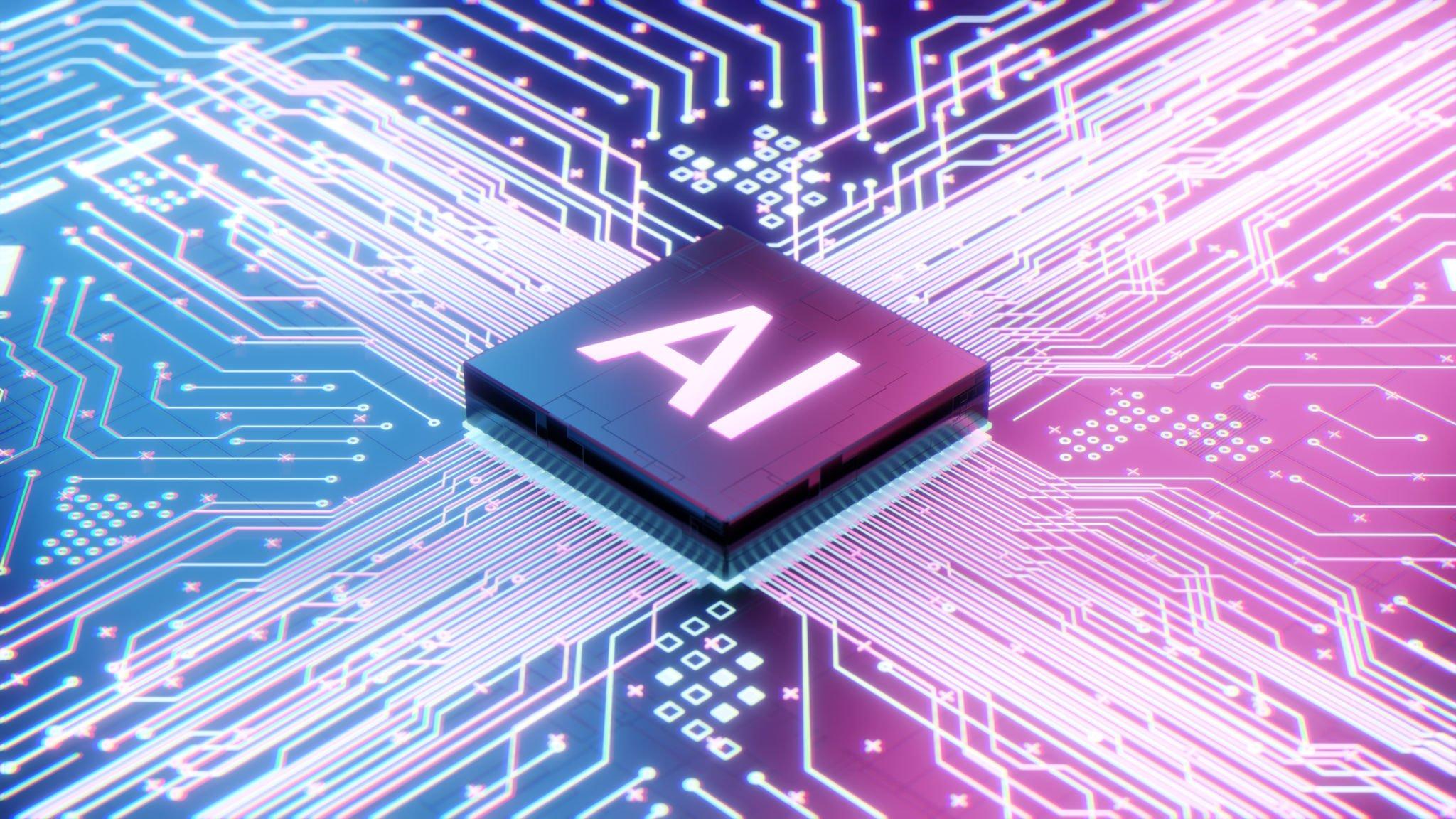June 22, 2023
0 Comments
By
admin
History of AI in Marketing:
The history and future of AI in marketing is a fascinating and rapidly evolving topic. Let's explore how artificial intelligence has impacted and is likely to continue shaping the field of marketing.
History of AI in Marketing:
Early Adoption (2000s):
In the early 2000s, marketing automation platforms began to emerge. These platforms utilized basic rule-based algorithms for tasks like email marketing, customer segmentation, and lead scoring.
Machine Learning (2010s):
As machine learning algorithms improved and became more accessible, marketers started leveraging them for predictive analytics, recommendation engines, and personalization. This allowed for more targeted and effective marketing campaigns.
Natural Language Processing (NLP):
NLP technology, a branch of AI, has been increasingly used for sentiment analysis, chatbots, and content optimization. This enables companies to understand and engage with their customers on a deeper level.
Computer Vision:
With advancements in computer vision, marketers have been able to utilize image recognition technology for tasks like visual search, user-generated content analysis, and even augmented reality experiences.
Predictive Analytics:
AI-driven predictive analytics has become a cornerstone of modern marketing. It enables businesses to forecast customer behavior, optimize ad spending, and identify potential leads.
Personalization and Customer Journeys:
AI has significantly improved the ability to create highly personalized customer experiences. This includes dynamic content, product recommendations, and tailored messaging at every stage of the customer journey.
Future Trends:
AI-Powered Customer Insights:
AI will continue to refine customer segmentation and persona development by analyzing vast amounts of data. This will lead to more accurate and actionable insights for marketers.
Hyper-Personalization:
AI will enable marketers to deliver even more personalized content and product recommendations. This will be based on individual preferences, behavior, and context, creating highly relevant experiences.
Voice Search Optimization:
With the rise of smart speakers and voice assistants, optimizing for voice search will become crucial. AI will play a pivotal role in understanding and responding to voice-based queries.
AI-Enhanced Creativity:
AI tools will assist in content creation, design, and copywriting. They'll help marketers generate engaging and relevant content at scale.
Improved Customer Support:
AI-powered chatbots and virtual assistants will become more sophisticated, providing instant, personalized support to customers 24/7.
Ethical Considerations:
As AI becomes more integrated into marketing, ethical considerations around data privacy, bias, and transparency will be of paramount importance.
AI in Augmented Reality (AR) and Virtual Reality (VR):
AI will play a crucial role in enhancing AR and VR experiences, allowing for even more immersive and interactive marketing campaigns.
Artificial intelligence in marketing is not just a tool; it's an evolution. It transforms data into insights, campaigns into experiences, and customers into brand advocates. Embracing AI means embracing the future of marketing.






